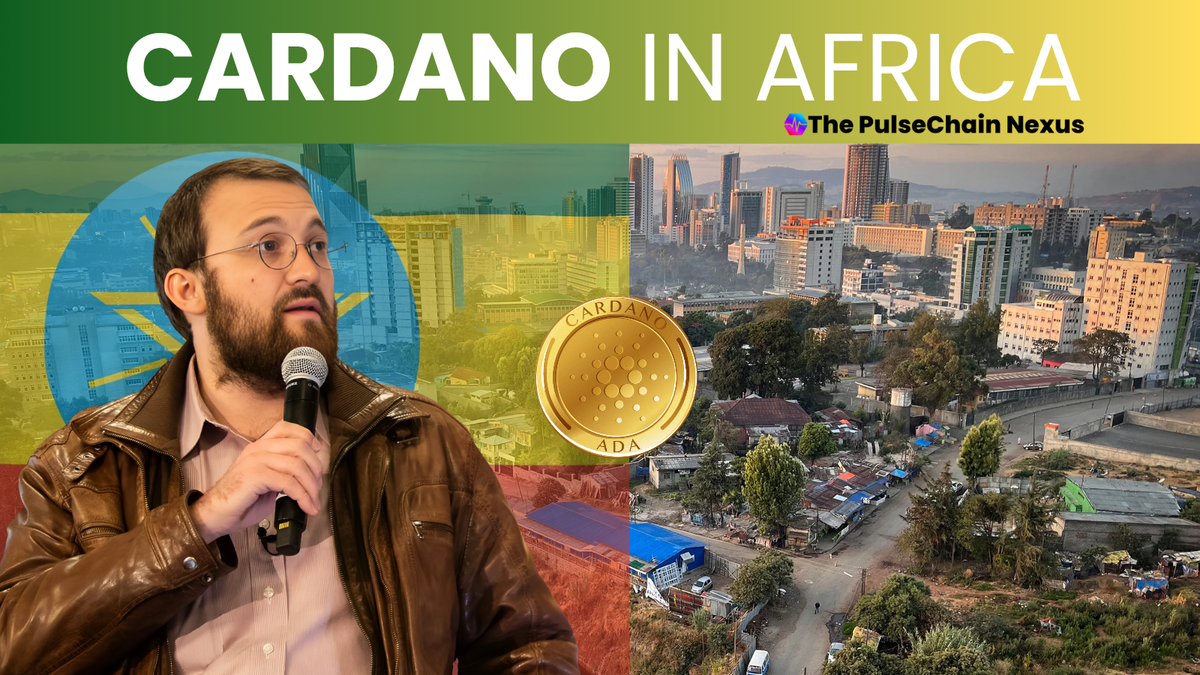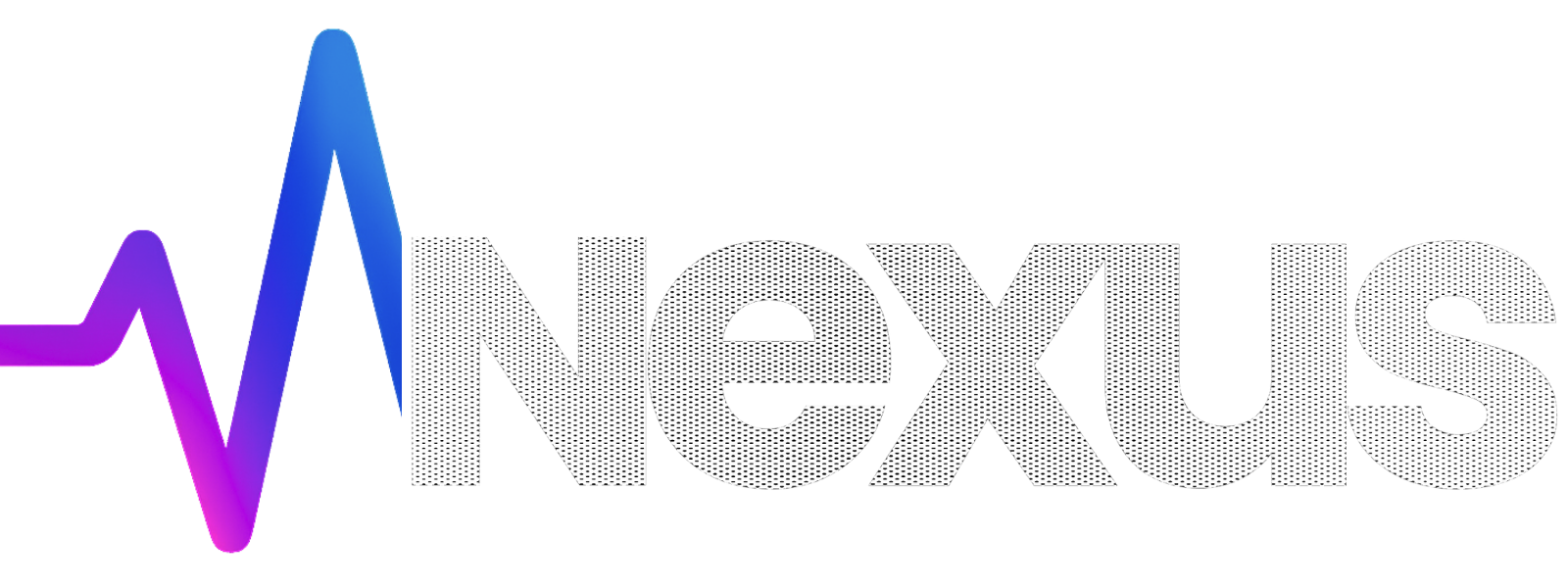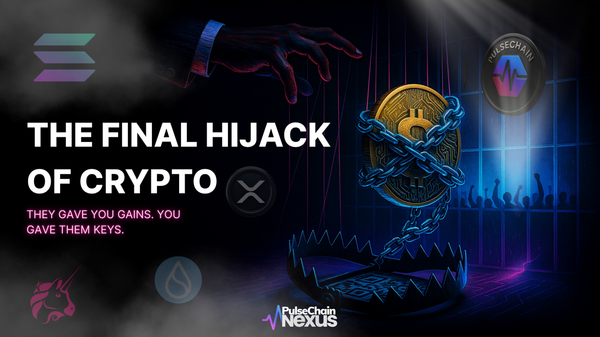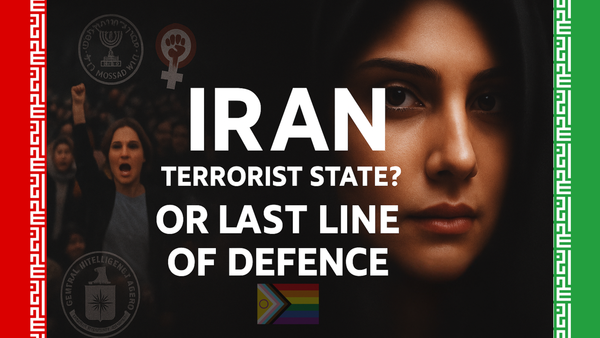The Cardano Mirage: Hype, Hubris, and a Hard Fall in Africa
When confronted about Cardano's slow progress: “People don’t understand the scientific method.” Translation: You’re all too stupid to get it.

They said Cardano would bank the unbanked. They said Africa was the future. But what they didn’t say was how fast dreams can turn to dust when arrogance meets reality.
Let’s cut through the noise. The promise was bold: Cardano, through its Atala PRISM solution, would revolutionize Ethiopia’s education system by giving digital IDs to 5 million students. It was the largest blockchain deployment the world had ever seen. But here we are—years later—and what’s left? Broken promises and a whole lot of excuses.
🚨 The Reality Check: A Trail of Broken Promises
Civil Unrest and Unprepared Infrastructure: Cardano’s African “masterplan” hit a wall of political chaos. Ethiopia’s Tigray conflict displaced millions and destroyed the very foundations Cardano needed to build on. Yet, IOHK, the company behind Cardano, pressed on with grand announcements—more marketing than mission.
15% Internet Penetration: A tech solution without tech access. Simple as that. You can’t run a blockchain on empty. While Charles Hoskinson toured the continent playing tech messiah, actual implementation was falling flat.
Competing Solutions Ignored: The Ethiopian government was already exploring another digital ID platform (MOSIP), but Cardano pretended it was the only game in town.
⚠️ Atala PRISM: A Flawed Approach Wrapped in Secrecy
Here’s the kicker—Atala PRISM wasn’t even embraced by the Cardano community. Why? Because IOHK kept it in a black box, offering little transparency on how it worked. It felt less like a decentralized tool for the people and more like a private enterprise play for IOHK’s profit.
💥 The Charles Hoskinson Problem: Ego Over Execution
And let’s talk about the man behind the curtain—Charles Hoskinson. The self-proclaimed “visionary” of Cardano has a track record as messy as the projects he leaves behind.
A Serial Feuder: From Vitalik Buterin (Ethereum) to rival crypto founders, Hoskinson’s favorite sport seems to be burning bridges. His condescending attitude and constant Twitter tirades have made him one of crypto’s most disliked figures.
A History of Exits: Let’s not forget, he was booted from the Ethereum founding team—a move Vitalik described as necessary for the project's success.
Shifting Blame: When the Ethiopia deal stagnated, Hoskinson didn’t reflect. Instead, he lashed out, accusing critics of "FUD" (fear, uncertainty, and doubt) while quietly walking back his grand claims.
🧵 In His Own Words… Full of Contradictions:
When confronted about Cardano's slow progress: “People don’t understand the scientific method.” Translation: You’re all too stupid to get it.
When called out for being confrontational: “I’ve made mistakes in my communication style.” Too little, too late.
🚫 The Verdict on Cardano’s African Gamble:
Cardano didn’t fail in Africa because Africa isn’t ready. It failed because Cardano wasn’t ready. You can’t build a revolution on ego and vaporware. The continent deserves real solutions, not publicity stunts.
🎯 What Can We Learn From This Mess?
Tech without inclusion is empty. Building for communities means building with communities.
Marketing hype is no substitute for delivery. Announcements don’t change lives—action does.
Leaders matter. And bad ones can sink great technology.
💡 Final Thought – Keep Your Third Eye Open
The blockchain space is filled with promises, but it’s up to you to separate visionaries from vapor merchants. Africa will absolutely lead the future of decentralized finance—but it won’t be Cardano leading the charge.
Want real insights without the BS? Follow me, Veritya, on X: @i_am_veritya
Think outside the bank. Think for yourself.
Many thanks, Veritya Thalassa





